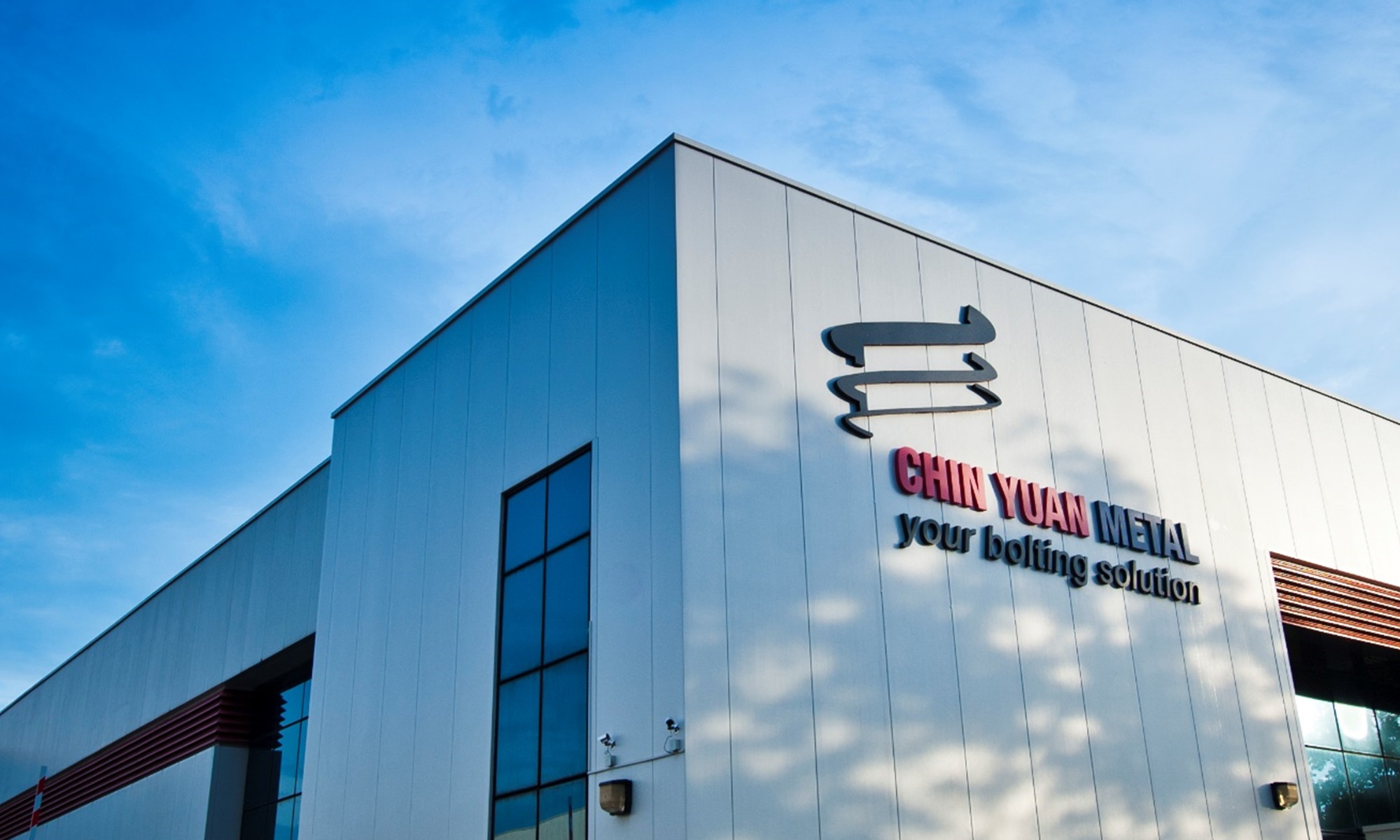Different Applications Of ASTM A453 Bolting Products
ASTM A453: Specifications
The ASTM A453 is a specification for stainless or alloy steel bolting materials that are used for industries that involve high temperature. It generally covers the standards for bolting material Grade 660 (Class A, B, C, and D), as well as Grades 651 (Class A and B), 662 (Class A and B), and 665 (Class A and B). These classes allow variations in hardness, temperature resistance, pressure resistance, tension, stress-rupture, yield strength, elongation, and other specifications.
Depending on the classes, ASTM A453 materials contain specified amounts of several elements such as carbon, silicon, nickel, chromium, molybdenum, titanium, columbium, aluminum, vanadium tungsten, boron, manganese, phosphorus, sulfur and copper. The yield strength ranges from 50 to 120 ksi. A453 is recognized to be ideal for use as industrial fasteners such as bolts, nuts, screws, studs, stud bolts, washers, and bars. They may come covered, rolled, or heat treated. Most manufacturers also apply coatings to enhance resistance to chemical and corrosive environments.
Because of their excellent temperature resistance, A453 bolting materials are most widely used in industries such as petro-chemical, offshore, power, aerospace, automotive, heavy engineering, and the military. They are used to bolt high temperature environments like valve flanges, heat exchangers, and pressure vessels. Moreover, A453 fasteners can also be used for general bolting applications.
Choosing ASTM A453 Product Suppliers
A453 plays an important role in different applications in major industries worldwide. It is only right that they should come from reliable manufacturers. When purchasing this type of material, you should ensure that you select a manufacturer that offers a wide range of high standard products. With more products to choose from, you can be assured that you’ll find the best one that meets your requirement.
Also make sure that the manufacturer has a solid and decent reputation in the industry. They should be able to provide excellent customer service, guarantee high standard products at competitive prices, as well as provide fast shipping and secure payment options. More importantly, the manufacturer should be knowledgeable of the varying needs and standard requirements of different industries.
